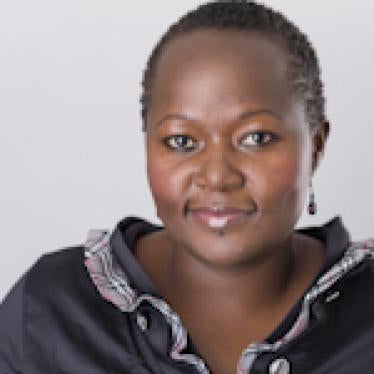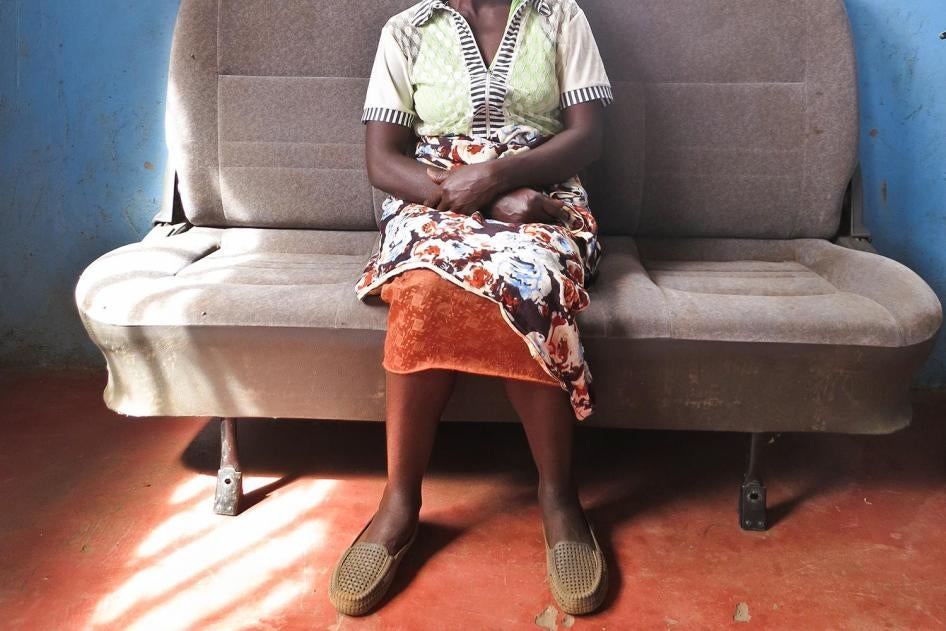President Uhuru Kenyatta two years ago announced a fund to help survivors of historical injustices in Kenya, including those who suffered gross human rights violations during the political violence of 2007-2008.
Mr Kenyatta said the fund of Sh10 billion (nearly $96,571,800) would be used for “restorative justice”.
The announcement of the “restorative justice fund” provided much hope for victims, especially survivors of sexual violence during the post-election period, who have been largely ignored by the government.
Many of them continue to suffer serious physical and psychological trauma and socioeconomic hardship almost a decade later.
Tomorrow is International Women’s Day, a good time to reflect on how the government has treated those survivors.
And examining its efforts to respond to election-related violence is particularly critical as the country prepares for another poll in August.
On December 2007, during the height of the post-election violence, three men attacked a 52-year-old at her home in Busia, western Kenya.
They raped her using their bodies and a pipe.
She had just had surgery delivering her last child, and suffered serious injuries from the rape, including a damaged back and uterus, which was later removed, and broken legs.
She walked on crutches for three years. Her husband was killed, and she lost her home and property.
When I interviewed her two years ago, she was in bad physical and mental health.
She struggled to walk using a stick. She could not even afford pain medication, and depended on her son to get by.
NO MONEY YET
She is one of more than 160 women and men that I interviewed about their experiences during the post-election period.
Hundreds, if not thousands, of women and girls and men and boys were raped.
Sadly, the government has failed to provide them with medical care, counselling, justice, and financial compensation.
In fact, the government has treated post-election violence rape survivors worse than other victims of the terrible crimes a decade ago.
In the aftermath of the post-election violence, the government carried out some programmes to help victims, especially internally displaced persons.
It entailed resettlement, building new homes, and providing money and land.
Non-governmental groups have widely criticised this. But the government entirely forgot rape survivors.
Under the assistance programmes, rape survivors only qualified for compensation if they were also displaced from their homes or lost property during the violence.
But even so, only a handful of the women I spoke to had received money, and almost none got land or housing.
Some had registered for help and got none, while others were too sick or traumatised, or feared being stigmatised as rape survivors, to apply for compensation.
The women expressed a deep sense of injustice at being left out of these assistance schemes.
OFFER ASSISTANCE
Two years have passed since the government’s “restorative justice” announcement, and it is not clear whether any victims of historical injustices, including rape, have benefited from the fund.
An organisation working with a victim said that even today, she struggles from her injuries and losses, and has received no compensation or assistance.
There have been questions about whether the money for the fund is actually there, and concerns that the victims’ situations worsen as each day passes.
In the past few months, however, there have been signs that things could be moving in the right direction.
Non-governmental groups, victims’ representatives and the government, led by the Office of the Attorney-General, have been developing regulations to guide implementation of the fund.
The final draft is expected at the AG’s office soon, and will have to go through a formal legislative process to adopt it.
Kenya should not miss this opportunity to do what is right for the survivors of rape.











